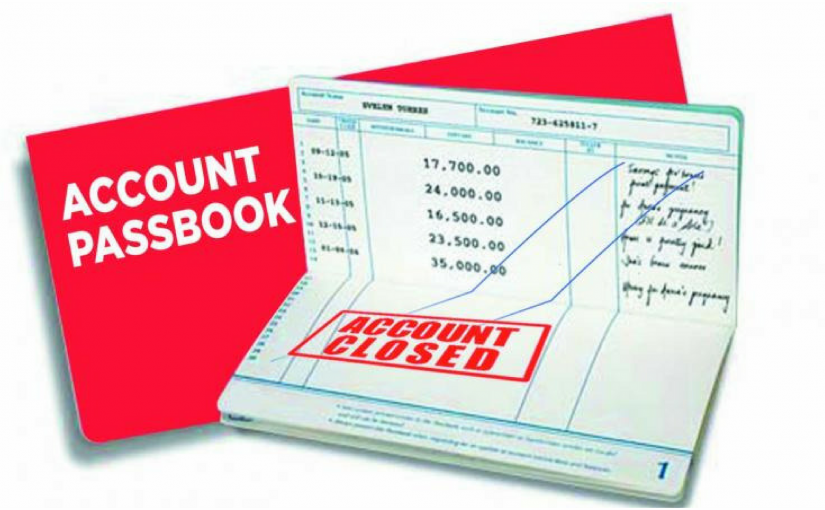This post may contain affiliate links please read our disclosure for more info.
Image credit: http://www.complexedsimplicity.com/
In my recent post, How to Stop Impulse Buying -10 Ways, one of the causes of Impulse Buying that I discussed was emotional spending. It is a topic that deserves even more attention and is the focus for this blog post. A survey conducted by MoneySupermarket and Mindlab found that 57% of respondents had ‘regretted purchases made whilst feeling overly emotional.’ It is clear that spending as a consequence or our emotional state is clearly widespread. The survey also confirmed that negative emotions rather than happiness were more likely to increase our spending. Given this insight, ‘comfort spending’ could be considered as very similar to ‘comfort eating’. If your objective is to take control of your finances and move towards financial freedom, you will need to stop emotional spending.
Stop Emotional Spending
The first step towards a solution is to identify why you are spending emotionally.
Work
Recognise the triggers or patterns that precede an emotional purchase. Is it after a bad day at work? According to research conducted by CV library 55.6% of British employees are unhappy with the jobs that are currently doing and would love to change. If you have experience of a feeling that could be described as Sunday Evening Dread or often find yourself wishing your week days away, this 55.6% could include you. Clearly, there is a lot of dissatisfaction around, work is a common trigger for emotional spending.
Relationships
Have you had an argument with your partner prior to going shopping? Is there a subject that you are regularly disagreeing over? Relationship issues and arguments are strong triggers to emotional spending. Significantly, money is often a cause of arguments in relationships.
Boredom
Boredom can also be a cause of emotional spending, especially if accompanied by a general questioning of one’s life. Sometimes life can seem dull, an endless succession of bills to pay or work to be done. It is in a mood like this that someone is more likely to chase the Dopamine high that a shopping spree can deliver.
There are many other scenarios which make emotional spending more likely including bereavement. Consider your life and identify those that apply to you.
Action: What Should you do?
Talk
The first step you should take is to talk to someone about your emotional spending, it could be a friend or a family member. If you feel it would be worthwhile speaking to a professional about it The National Debtline or Citizens Advice would be a great places to start.
Break the Habit
Now that you know the triggers that precede emotional spending in your life, focus on creating different reactions to the same circumstances. Those circumstances will come again but this time you will react to them differently. Without knowing you personally it would be impossible for me to suggest the best solution for you but the activities listed below are likely to prove beneficial.
*Taking regular exercise
*Going to walks in natural surroundings
* Watching Stand-up comedians
*Socialising with close friends (without spending a lot)
If your unhappiness or other problems persist, definitely speak to a professional counsellor; if necessary plan significant life changes such as a change of job, the ending a relationship or a move to a new location. Do not just accept being unhappy on an ongoing basis.
Can you remember occasions when you have made purchases because of your emotional state? Did you ever have the courage to take the items back? Please let me know in the comments section below.


If you have enjoyed this post you will also like the following posts:
Water Bills: Are you Pouring Money down the Plughole?
How to Stick to Your Budget During Summer: 5 Tips
Does Your Choice of Supermarket Matter?
Save Money by Switching Energy Supplier Every Year
How to Stop Impulse Buying – 10 Ways
Have you Found all of Your Dormant Accounts?
Can you live off a Cash Budget for a Week?
Has the Cryptocurrency Bubble Burst?
Why you Should Drive and Old Car and Pay of Your Mortgage Early
Make Money By Being Part of a Focus Group
Save Hundreds on Rent Per Month By Becoming a Property Guardian
4 Obstacles you Will Face on Your Financial Journey
Make Money Now With These Two Referral Apps
Have you got the Right Money Mindset?
My aim with each blog post is to help you move to a better financial future. I believe that there is not enough financial education in the national curriculum and I intend to share anything helpful that I have learned along the way. I am by no means a financial expert. None of the information on this website constitutes financial advice and is provided as general information only. This is my personal finance blog; my marketing blog is over here and I have been blogging there since 2010. I hope you have found this information useful. Thank you for reading.
Best regards,
Mike
Follow me on Pinterest



















